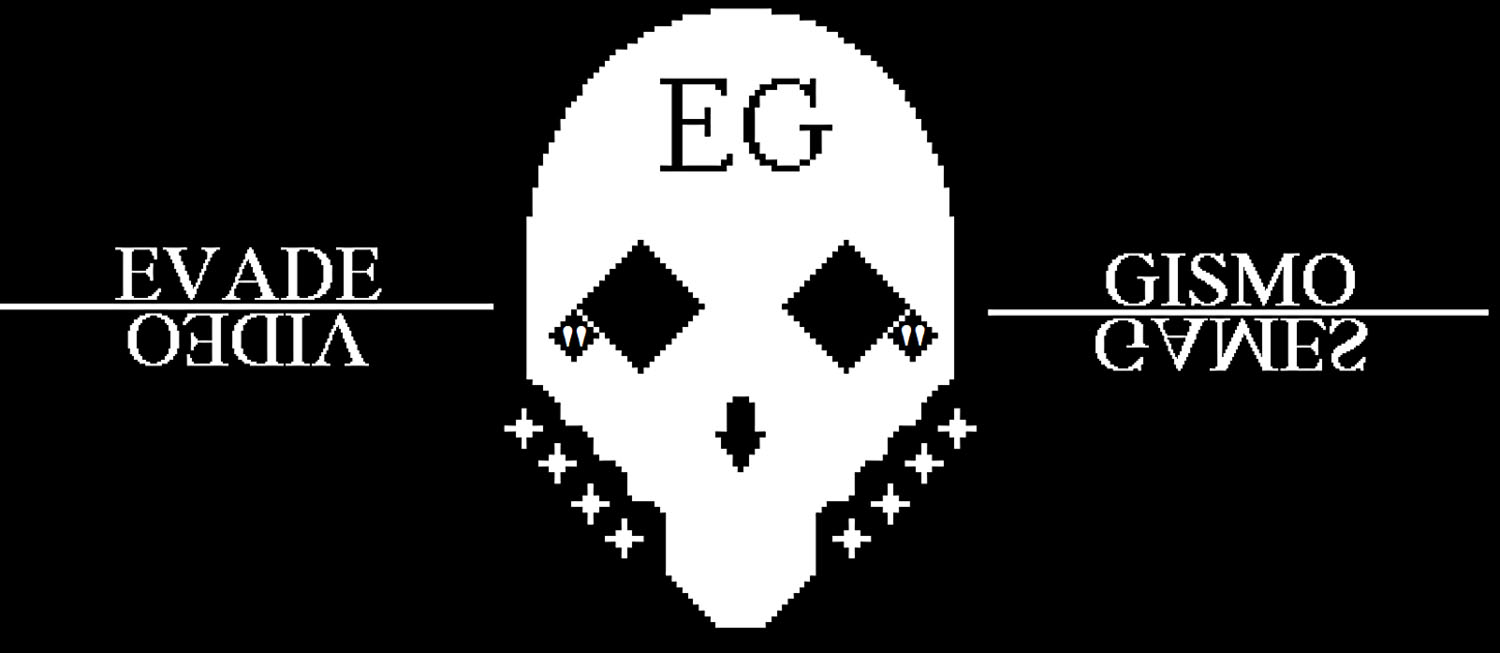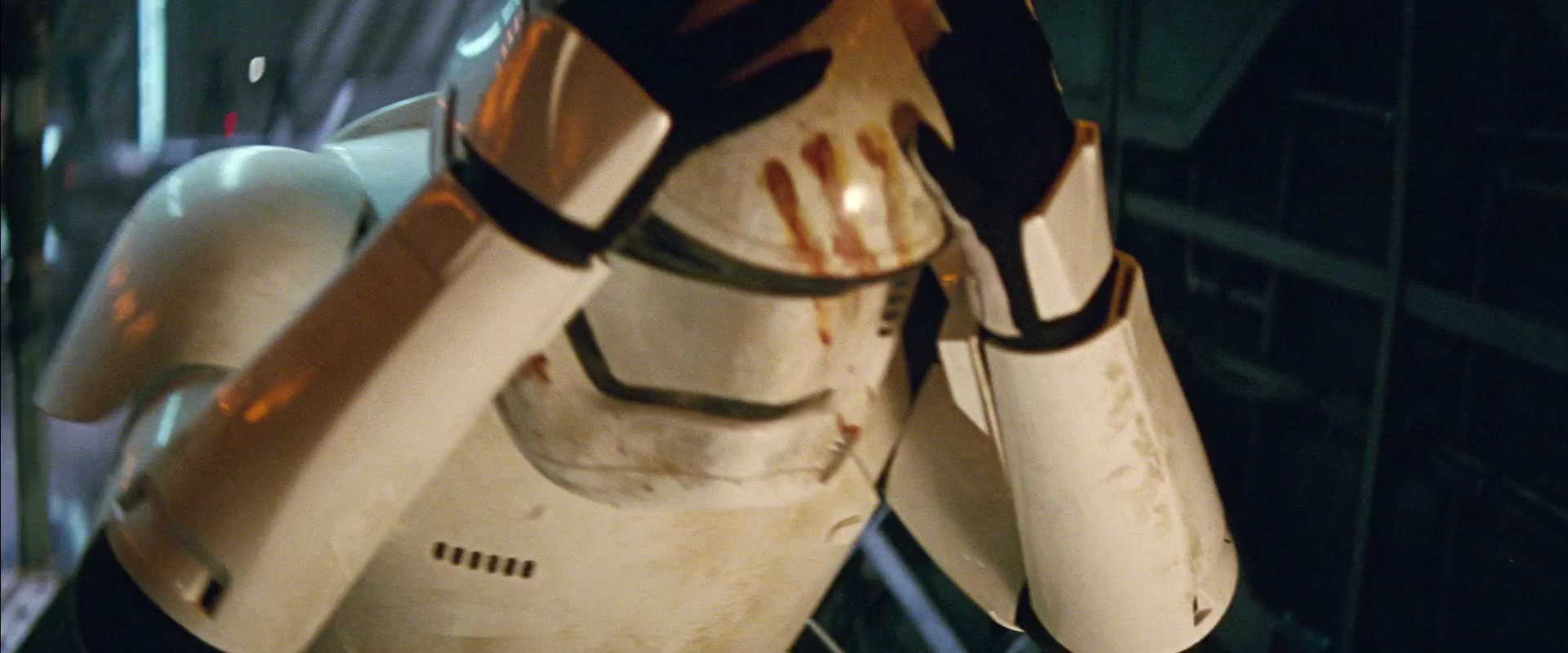REVIEW: FIREWATCH
/TITLE Firewatch
PLATFORM PC/Mac/PS4
EVADE GISMO RATING *INTERACTIVE MOVIE* 2-4.5 hour playthrough / Story progression / Light decision trees
--------------------
Everyone who's played it knows that the funnest part of Dungeons & Dragons (or should I say Wizards and Wyverns?) is character creation. Filling in the crucial details, like the number of serrations in your flaming bastard sword, and ignoring the unimportant ones, like your childhood pets and criminal record, is the foundation of a reflexive gameplay experience. It answers the question, Who do I wanna be for this next little while? Who am I willing to be stuck with? Firewatch doesn't reach for pie-in-the-sky thematics or hard moral lessons. Instead, it commits its brief duration to deeply developing the relationship between Henry and Delilah, two fire lookouts on the run from their own lives in the scenic Yellowstone Park wilderness of 1988.
The game even starts with a character creation screen, of a sort. But instead of tallying up Pickpocket and Garroting skills from some monolithic pool of abstract values, it's more like digesting regrets. We're given unnarrated text summarizing Henry's life and marriage leading up to the events of the game, and you fill in gaps in the story with your own choices, effecting dialogue and relationship options later on in the game. The text is broken up with brief segments of footage and gameplay of Henry as he treks into the park for the first time, as if he himself is reflecting on how he came to be here, just we are are making decisions about it. It sounds dry but plays out like the most heart-wrenching Mad Lib of all time. Then he (We? I?) get to the lookout tower... and meet the delightful, devious, and disembodied Deliliah. Ohh, Delilah.
Many games take character relationships for granted, allowing conversation to merely act as a vessel for exposition, comedy, or other bullet-point character moments. The president's daughter follows the hardened cop around like a stray animal, or the local survivor gives orders to the wayward explorer through a one-way radio only. In such games, character relationships behave more like incidental by-products of that bolted-on mess we refer to as "the story". It is hard for me to wrap my head around the idea of a game's "story" being separable from all its other elements, because as players we experience only the whole. Yet nowadays it's often obvious that narrative, exposition, and other "fluff" has been developed by a completely separate department than the rest of the game. How many booklets have we all flipped through, how many wildlife info-tags, how many abruptly-ending handwritten letters skimmed for a quest marker and ignored? More often than not, the relationship between your loosely-defined, semi-player-determined character, and everyone else, feels more like an obstacle (oh so much skipped dialogue) to the real game - the riding, sniping, plundering, profiting - than something that makes you more part of it.
A relationship is what results from two characters deliberately interacting. It is a meaningfully interactive experience, but one perhaps too delicate to compete with the antic violence that typifies video-games. Firewatch thrives on the little nuances of getting to know a stranger, and getting to be known by them. The awkward pauses, white lies, and collaborations. The unexpected commonalities. The stupid jokes. Most of the game is keeping banter up with Delilah, talking and listening as you photograph the landscape, huck empty beer cans around, follow mysterious clues. But Delilah will frequently chime in with a quip or question on the radio, and every time she does, a HUD timer starts ticking down the time left to respond. I thought of this as the "window of relevance" and I can kinda see it in the corner of my eye when talking to people in real-life, too. At times I'd get distracted gazing at the landscape or reading pulp mystery synopses, and miss my chance to respond to Delilah on the walkie-talkie, or just ignore what she said completely. Other times, she'd ask me something difficult and I'd either scramble for one of three all-too-revealing replies, or stammer the L-Shift key until it was too late. Firewatch was sage enough to let those dropped threads of conversation just... trail off, and the way these silences form a space between the principal characters is engaging.
In fact, there's really very little to do. The gameworld is a cluster of objective locations, obstacle-littered corridors, and photo-ops. You can walk, climb, rappel, inspect, and talk to Delilah. You can check your map & compass - and I mean literally check your map - your character's hands reach down for it, and you must hold it up in front of yourself and figure out where you're going and how to get there. Like a normal person and not some weird, abstract, information-compressing navigational robot. The clever twist of Firewatch is that it legitimately manages to make these sparse interactive processes tense through simple obscurity. As much as you come to like (or loathe) Delilah, your interactions are restricted to two-way radio and there is no one else to talk to. Meeting new people can be nerve-wracking at best, but roll that up with professional responsibility, mysterious assaults, and natural disaster, and the tension is palpable. Henry and Delilah's relationship could be implanted into, say, downtown Vancouver and the characters would be just as likeable -- and yet the remoteness and interdependence of the relationship would lose its significance, as they'd be living in a sea of people, of relationships. The story's entrenched solitude works as a subtle nod to who the player is in relation to the game: ultimately, a lone escapist. Like Henry, I think we all come "out here" to forget the very real problems we struggle with, preferring to sit back and watch the fires rather than really fight them. Firewatch knows it is a brief respite from the bigger problems in its players' lives, and respects that boundary between what ultimately matters: Real Life, and what doesn't: Video-games. It doesn't exhaust you with a shopping-list of facetious so-called "Achievements"; the branching dialogue, ultimately, tends to loop back to the conversation trailhead; and it doesn't suffocate you with opportunities and growing numbers and the flux of other mechanics that turn engrossing games into toxic addictions. Firewatch keeps its trajectory linear in order to convey something to each player about how people yearn to connect and to confess. While it's refreshing that the game is so bare, the environments really lack in some areas. Glancing from my map to landscape and back again often had me mired in a tangle of invisible walls, clipping shrubbery, and awkward reticule targeting. While this may have, to a degree, been part of the Henry-is-a-noob experience prescribed by the game, it also telegraphs a design weakness in Firewatch. You can get stuck, but you can't truly get lost, because there are so few places to go.
I am sure people will balk at the price/duration ratio, but you can't fault Firewatch for being nothing it didn't aspire to be. It's not an open-world adventure; it's not a wilderness survival simulator; it's not a smarmy non-game, either. It breaks new ground in what games can be about. It tickles and teases and convinces you, briefly, that you are somebody else, and cleverly throws everyone's identity into doubt. If nothing else, Firewatch is the best, most dynamic voice-acted character development you'll ever hear for $20. Check below for spoilers regarding my response to the game's climax, twist, and ending.
--------------------
P.S. - If you enjoyed Firewatch, I strongly recommend Gods Will Be Watching: a blockier, gamier take on persona, decision, and intelligent, light-handed meta-narrative.
--------------------
SPOILERS !!
As the story progresses, mysterious events suggest you and Delilah are being targeted by somebody in the wilderness. Your tower gets raided, the phone line is cut, and once you find a written transcript of your recent, private radio conversations with Delilah, you get knocked out by an unseen assailant, steal an axe, and Rambo into a suspicious, fenced-off research station. You discover notes among elaborate monitoring equipment suggesting that you, Delilah, and others are the unwilling subjects in a sophisticated social experiment, and everyone is a suspect. This second act of the game is where it really shines; late afternoon dips down to dusk just as you break through the fence, and every step is fraught with uncertainty. Henry goes from stir-crazy to paranoid out of fear for his life, plastering the windows of his lookout with notes, questions, and clues, and questioning his very sanity.
However, Firewatch takes a bit of a Scooby-Doo twist, deflating all of the tension with a "The Old Groundskeeper Did It!" that feels clammy and abrupt. Delilah never called it inwhen a 'Nam vet and his son working your same lookout tower went missing years ago. It turns out they retreated into the wilderness to live, the boy died in a cave, and old Ned Goodwin went bonkers and fabricated all of the tension in order to signal-jam the observations of Henry & Delilah, and scare them off from his life of lonesome guilt.
My first reaction was confusion and disappointment; if you've played the game, you'll know what I mean. Firewatch pulls no punches in casually terrifying Henry. With every turn, the problem seems more and more elaborate. I think we all expected to find a UFO or a sprawling underground base, or a Truman Show-esque ceiling-tile-sky reveal. What's delivered may seem a little pedestrian; but I think that's the point. I think the buildup was all about what was going on in Henry and Delilah's minds; they wanted to believe there was an elaborate conspiracy against them, a problem so great that it would not only bring the two of them together, but eclipse the woes of the outside world entirely. We, too, were just as eager as the characters to believe that there was more to this story than meets the eye; and we were just as disappointed to be met with plain, smooth, old reality.
One thing did relieve me about the ending, though: I think if I'd actually seen an awkwardly rendered, physical Delilah in front of me, I would have killed myself. Good move, Campo Santo. Good move.










